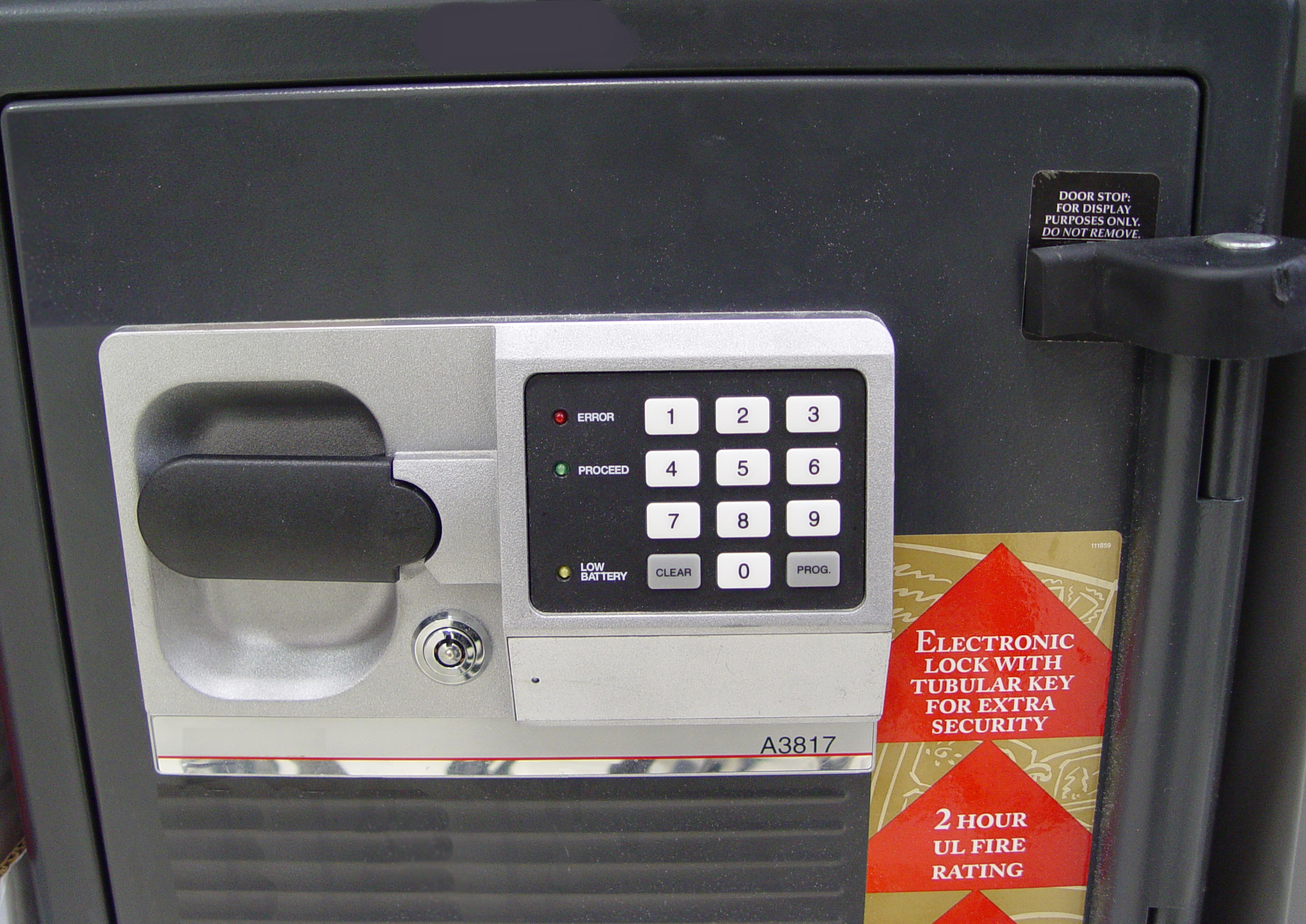
02 Aug What to do with cash in a safe
Photo: npclark2k/morguefile.comQ. I just found out my mother has more than $250,000 in three safes in her house. My dad, who died last year, had the money there. I’m not sure what to do in terms of getting it in a real bank account. Will they ask questions about taxes on the money? My mother says my dad just saved a little at a time over the years but I have no clue where it all came from. It’s a lot of money.
— Trying to help
A. This could be a toughie.
The risk of keeping that much cash in safes at a house far outweighs the risk of the IRS asking questions about taxes being paid on the money.
Your best bet is to ask your accountant or a tax specialist about the potential questions the IRS might ask about the origins of the monies and how to prove taxes were paid, said Brian Power, a certified financial planner with Gateway Advisory, LLC in Westfield.
He said one area you need to be careful with is what are called structuring laws.
“In the United States, there is a requirement for banks to file a currency transaction report for transactions of more than $10,000 in U.S. or foreign currency,” Power said. “Financial institutions suspecting `deposit structuring’ with the intent to avoid the law — systematic and regular deposit just under the $10,000 threshold — are required to file a suspicious activity report.”
Sums of money resulting from deposits of less than $10,000 may be seized after a warrant is issued based on a suspicious activity report, Power said. To avoid this, you would be better off depositing the cash all at once.
Email your questions to Ask@NJMoneyHelp.com.
This post was first published in August 2017.
NJMoneyHelp.com presents certain general financial planning principles and advice, but should never be viewed as a substitute for obtaining advice from a personal professional advisor who understands your unique individual circumstances.
